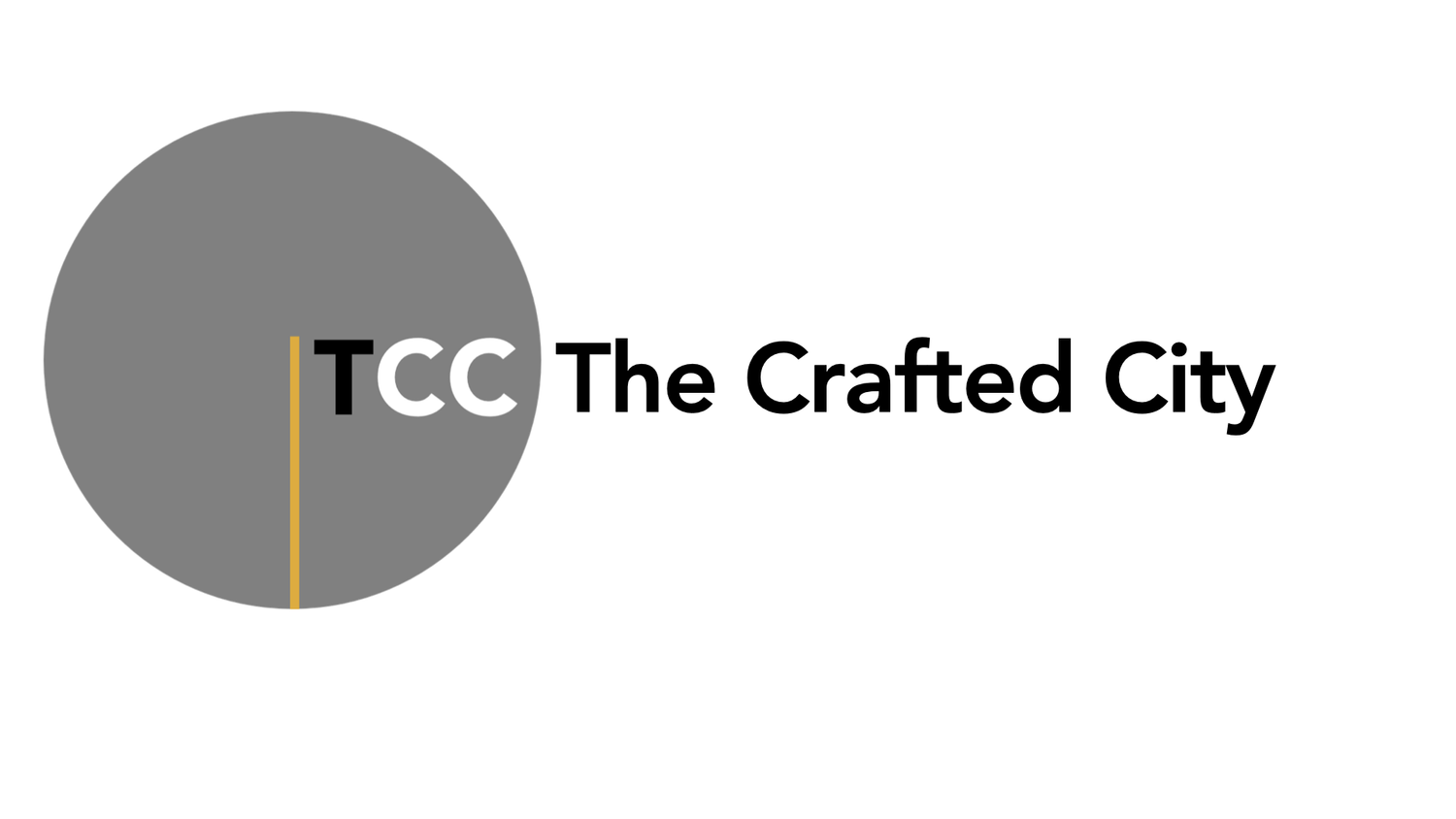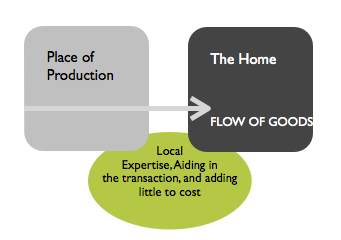EVERYTHING WE WANT
Photo: Doug Joyce
27 January 2012
We The People want a combination of goods and services available with infinite choice, reasonable cost, and ease of availability. We want all of these things, the most, the cheapest, and available everywhere. This is an inherently unobtainable combination, but we always aspire to it. It's a reason why many of us live in cities, because cities come the closest to providing all three, traditionally speaking. We'd like the proper fresh fish for dinner, the right dress for the big dance, a new battery for our laptop, available within minutes, and at a price that we can afford. That can happen in a city, but usually one or more of the three desired attributes is compromised.
Shopping is an essential part of life, across the economic strata, and even if we do it for recreation, it consumes much of our busy time. It can be frustrating, and command more of our resources than we wish. We look for the places that will give us the ultimate amount of choice, for the things that differentiate us from others, or for that place that has that highly desired, hard to get item. We have fashioned large outsized vehicles, and travel long distances to go to 'big boxes' to fetch these items. If something is significantly cheaper, and/or not found in our local environment, we'll go out our way to get it. It is an ordeal, but we do it.
Now in our modern era, we also have the ability to go online and order these coveted things, based on a picture that is 175 by 250 pixels, and a couple of anonymous recommendations. It saves us wielding the SUV on a 50 mile round-trip, and we can poke around for the lowest cost, so we've saved some of the hassle. But if big box shopping deprived us from some of the qualities of shopping from someone who could help us make more informed choices, on-line removes them completely.
The retail business, just like most businesses out there, is tied to the supply chain. The object of the consumer goods business is to get the fresh fish, the dress, or the battery from the point of origin to your front door as quickly as possible. Throughout much of the world, Big Boxes and the Internet to help us do that, over time supplanting the local merchants. Local merchants had provided us with the convenience of shopping in a local neighborhood, and they provided us with the knowledge of local products suitable to the local culture, and personalities of their customers. We have given that up for mega-choice and discount pricing.
Shopping can be frustrating, or an exercise in spending too much, but we also know that it can be richly pleasurable. What about finding a way to go back to that local shop, a place that happens to be easy to get to (maybe even walk to!), has the stuff we want, and is priced well? That is certainly a way to incite pleasurable shopping. It would be a difficult, yet delicious problem to solve-perhaps never completely solvable (that's why it's 'unobtainable'). The diverging forces of processing and manufacturing, transport and marketing don't make it easy, and it's getting more difficult every day. Yet this may be the time to try and achieve it.
The Local Store, Optimized for Today
I have a few ideas to think of this whole thing in another way. I come from the point of view that there are new models for retailing that are smarter, and more beneficial to the communities that they serve.
We prize keeping costs down and adding value, and we want our goods to be easy to get. OK. Some of us also prize local relationships, and like the idea of easily touching and visualizing what we want to buy. We like the idea that you could actually walk to a shop that has things that we would like to buy. Could we do this all at the same time?
I contend that there is a way to do this, and it could be used to merchandise a whole variety of things in places with a reasonable population density within a 15 minute walking distance. The little neighborhood store with the infinite reach. The attributes of a store like this would be:
A place of local expertise-someone local that you trust to give you advice on what to buy
These merchants are tied into national and international networks-shipping of the product through the supply chain
The process of getting items from their manufacturing or production source is very direct. Items are shipped directly from the source to the home or to the local store for final consultation. Little or no warehousing is involved.
For things like clothing, since this is a trusted local resource, they would have your sizes and preferences on file. This would provide the ability to do tailoring beyond what is traditionally provided for in Ready to Wear
The local merchant would have an investment in a very nice but relatively small store. They would not need to invest in a large stock.
Theses local stores are tied into well-known national brands, and to local specialties
Most stock is not on hand, but this is dependent on what is being sold. In a clothing store, a new pair of pants would be delivered in 2 days. A tie could be purchased at the store.
Choice is unlimited, because this system relies on local expertise tied into the most sophisticated distribution of goods.
Cost is low, because there is little need for the local merchant to have a huge stock on hand, or a need for warehousing these same products along the supply chain. This can happen because of the huge improvements on how these goods may be ordered, manufactured, and shipped
Shopping locally is pretty convenient, and I'm guessing preferred, if as a consumer I could have choice and good value. I'd have to wait a day or two for what I had purchased, but I'm not sure in most cases that is a detriment.
I believe that at some point, big boxes will lose their relevance in the retail field, and slowly fade away. The supply chain runs not just from suppliers to the factory, but also from the factory to the front door. The big box offers poorer service, wastes people's valuable time, and are a blight to the fabric of an attractive and vital urban community. If there are options the offers service, save time, and builds a community, and matches or exceeds the boxes on selection and price, those boxes days may be numbered.


